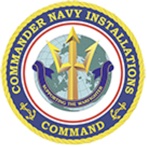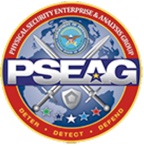When deciding to install a floating marine barrier, there are several key factors to consider. These include:
1. Environmental Conditions
Floating marine barriers depend on the area where they are installed. They must be suitably designed to withstand the environmental conditions in the area where they will be installed, including water levels, currents, winds, and waves.
The barriers must be able to function effectively in all weather conditions and withstand the impact of debris or other objects that may be present in the water.
2. Purpose of the Barrier
The barrier plays a critical role in determining the design and installation of the
floating marine barrier. For example, if the barrier is being installed to protect a port or harbor from storm surges, it may need to be designed to withstand higher water levels and stronger currents than a barrier installed to prevent oil spills.
3. Size and Shape of the Area to Be Protected
The geography of the area to be protected will also affect the design and installation of the floating marine barrier. For example, if the area is narrow or has tight corners, the barrier may need to be designed to accommodate these features.
4. Cost and Maintenance Requirements
The cost of installing and maintaining a floating marine barrier is an important consideration. The cost of the floating barrier will depend on the size, design, and complexity of the barrier, as well as the materials and equipment required for installation and maintenance.
5. Environmental Impact
The installation of a floating marine barrier can impact the surrounding environment. For example, the barrier may interfere with marine life or alter the flow of water in the area. These factors must be carefully considered when designing and installing the barrier.
Overall, installing a floating marine barrier requires careful consideration of a range of factors, including environmental conditions, the purpose of the barrier, the size and shape of the area to be protected, cost and maintenance requirements, and environmental impact.
Halo Defense Systems, as a member of TMA BlueTech and the American Society for Testing and Materials, specializes in providing superior security barriers, including floating barriers having high torsional stress and lower bendability. For full details, please visit our website or
contact us at (603) 259-4400.







